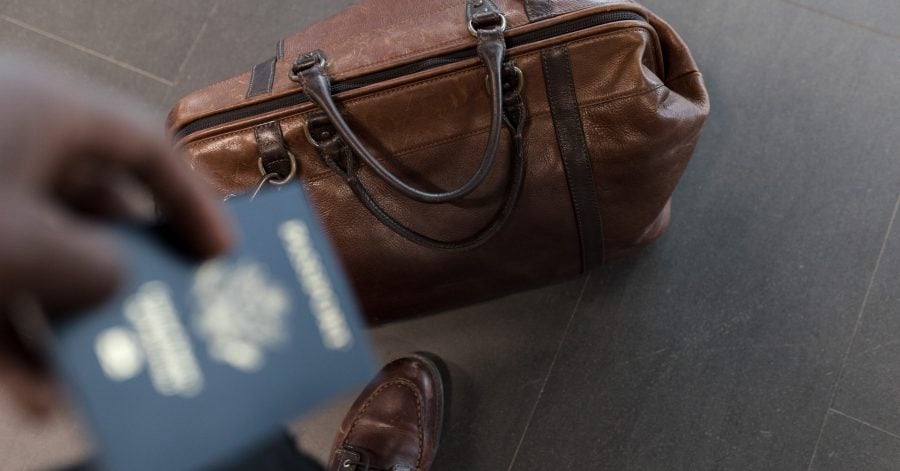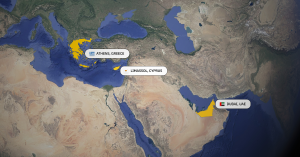Bulgaria updated the rules for issuing a startup visa to entrepreneurs outside of the European Union who wish to establish their businesses in the country. The latest amendments as of October 2022 include the introduction of a legislative framework that helps to obtain quick access to long-term residence in the country. This creates an incentive for founders to invest in Bulgaria and take advantage of its talent, access to funding, and free movement of capital within the EU.
The Bulgarian startup visa program was announced one year ago, but its first version was hardly successful as there was no option to apply online and in English. This time the Ministry of Innovation and Growth hopes to accumulate higher interest for founders outside the EU to choose Bulgaria as a doing-business destination.
The Bulgarian Startup Association (BESCO), an NGO that acts as a bridge between the government and the local tech ecosystem, played a significant role in the process during the last four years by communicating and working with different agents and ministries.
Ivan Vasilev, Policy and Strategy Director at BESCO told The Recursive that the current legal framework is still not ideal, but it is a good step forward and BESCO is pushing for further amendments and developments. Vassilev points out that the volatile political and macroeconomic situation in Bulgaria has affected the Bulgarian startup ecosystem and the country is lagging behind others in the region. “The country has fallen in the index of StartupBlink. We need to have a stable government with tough reforms, a visionary one to advance the economy to have a higher added value,” Vasilev comments.
So far, entrepreneurs from countries such as Ukraine, Russia, Belarus, and Moldova have applied for a Bulgarian startup visa. BESCO is now talking with the Ministry of Innovation and Growth to target other developing countries such as India, Pakistan, and some African countries to establish Bulgaria as an attractive destination.

How to apply for the Bulgarian startup visa
Entrepreneurs can apply for a Bulgarian startup visa through an application form on the website of the Ministry of Innovation and Growth in both Bulgarian and English. (The ed.note: the application form will be available at the beginning of next week)
The candidates must provide a short description of themselves, their business, customers, markets, and their future development plans. They must also explain how their idea is innovative and whether they have patents or competition awards that can support their claim.
The Bulgarian startup visa applications would be reviewed by a panel of experts from various Bulgarian institutions such as the Ministry of Education, the Patent Office, and the academic community. Practitioners from the business, NGOs from the startup community, equity investment funds, will also participate in the reviewing commission to assess whether it is a working idea.
The time for issuing the startup visa is 30 days with the option to extend it to two and a half months if other documents are needed.
Initially, the Bulgarian startup visa will be issued for one year, but it can be extended for another two years depending on the entrepreneur’s business plan and meeting other criteria such as owning no less than 50% of the capital in a Bulgarian commercial company.
A work in progress
BESCO is cooperating with the Ministry of Innovation and Growth to activate ambassadors worldwide to spread the news and present the idea to foreign entrepreneurs.
To further improve the framework for innovative businesses in Bulgaria, the new Bulgarian parliament must focus on amendments in the Commercial law to allow the creation of new, more flexible types of companies, and Blue Cards initiative, which gives access to Bulgarian residence to highly qualified employees outside the EU. Vassilev comments that a new stable government should work within the EU directives and procedures as currently they are not efficient and optimal.







